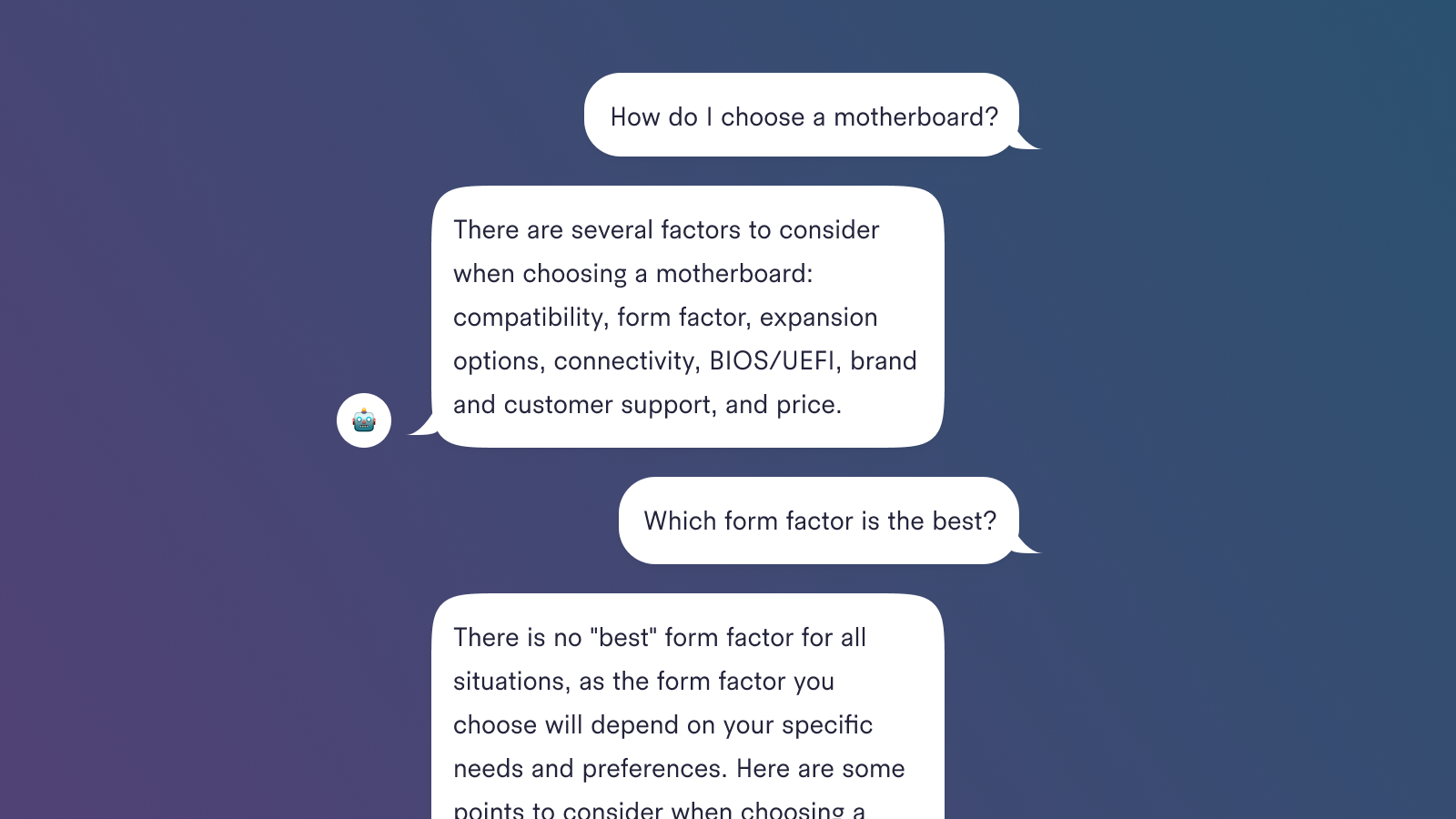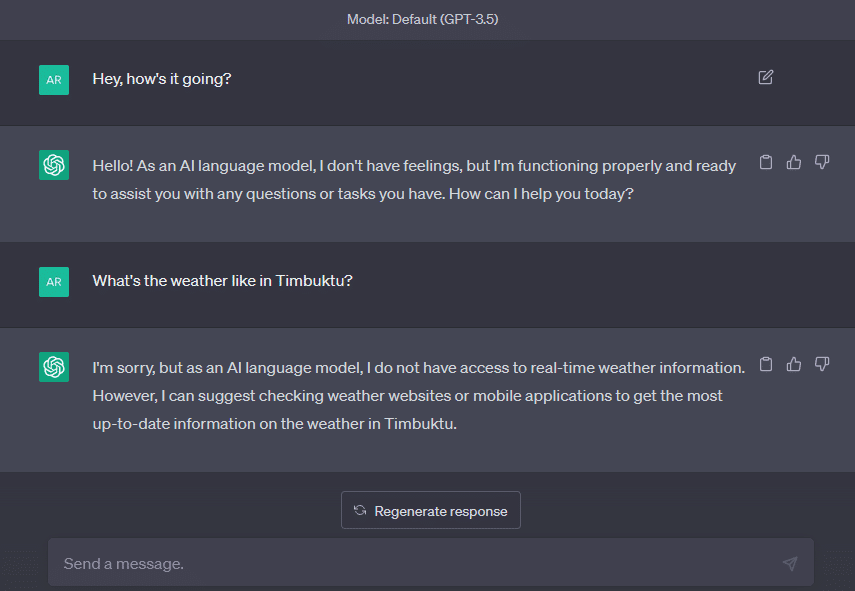The rise of AI-powered conversational tools has revolutionized human interaction, offering unprecedented convenience and efficiency. However, with this technological advancement comes a critical concern: data privacy. As these tools gather vast amounts of user data, questions arise about the security and confidentiality of personal information shared during conversations.
This article delves into the intricacies of data privacy in the context of AI-powered conversational tools, examining the collection, usage, retention, and ethical implications of user data.
Understanding the data practices of these tools is crucial for users to make informed decisions about their privacy. This exploration will shed light on the mechanisms behind data collection, usage, and retention, highlighting the importance of transparency and accountability in the development and deployment of AI-powered conversational tools.
User Expectations and Trust
Users engaging with AI-powered conversational tools like Kami have specific expectations regarding data privacy and security. They anticipate that their interactions will be treated confidentially, and their personal information will be protected. Trust in AI systems is crucial for widespread adoption and acceptance.
This trust is built upon a foundation of transparency, accountability, and user control over their data.
Factors Influencing User Trust
User trust in AI systems is influenced by a variety of factors, including:
- Data Privacy and Security:Users expect their data to be handled responsibly and securely. This includes clear policies on data collection, storage, and usage, as well as robust security measures to prevent unauthorized access or breaches.
- Transparency and Explainability:Users want to understand how AI systems work and the reasoning behind their decisions. Transparent algorithms and explanations of AI processes can foster trust and reduce concerns about bias or unfair outcomes.
- Accountability and Control:Users need to feel confident that they have control over their data and can hold AI developers accountable for any misuse or breaches. This includes mechanisms for data access, correction, and deletion.
- User Experience:A positive user experience, including ease of use, responsiveness, and helpfulness, can contribute to trust.
- Reputation and Credibility:The reputation and credibility of the AI developer and the platform play a significant role in building user trust. Positive reviews, testimonials, and endorsements can influence user perception.
Survey on User Perceptions
To gain a deeper understanding of user perceptions regarding data privacy and security in AI-powered conversational tools, a survey can be conducted. This survey should include questions related to:
- Data Collection and Usage:How comfortable are users with the collection and usage of their data? Are they aware of the data privacy policies of the AI tool?
- Data Security:What measures do users expect to be in place to protect their data from unauthorized access or breaches?
- Transparency and Explainability:Do users want to understand how the AI tool works and the reasoning behind its responses?
- Accountability and Control:Do users feel they have control over their data? Are they satisfied with the mechanisms for data access, correction, and deletion?
- Overall Trust:How much trust do users have in the AI tool and its developer?
Legal and Regulatory Frameworks

The development and use of AI-powered conversational tools, like Kami, are significantly influenced by legal and regulatory frameworks governing data privacy and security. These frameworks aim to protect user data and ensure responsible AI development.
Data Privacy Regulations
These regulations establish rules for collecting, processing, and storing personal data.
- General Data Protection Regulation (GDPR): This EU regulation applies to any organization processing personal data of individuals in the EU, regardless of the organization’s location. It emphasizes consent, data minimization, and the right to be forgotten.
- California Consumer Privacy Act (CCPA): This California law provides consumers with specific rights regarding their personal information, including the right to know, access, delete, and opt-out of the sale of their data.
- Canadian Privacy Act (CPA): This Canadian law governs the collection, use, and disclosure of personal information by organizations. It includes provisions for consent, accountability, and data security.
Data Security Standards
Data security standards are crucial for protecting sensitive information from unauthorized access, use, disclosure, disruption, modification, or destruction.
- ISO 27001: This international standard provides a framework for establishing, implementing, maintaining, and continually improving an information security management system (ISMS). It encompasses a wide range of security controls, including access control, encryption, and incident response.
- NIST Cybersecurity Framework: This framework, developed by the National Institute of Standards and Technology (NIST), provides a set of guidelines and best practices for managing cybersecurity risks. It focuses on identifying, assessing, and mitigating cybersecurity threats.
- PCI DSS: This standard, developed by the Payment Card Industry Security Standards Council, applies to organizations that process, store, or transmit credit card data. It aims to prevent credit card fraud and protect cardholder data.
Impact on AI Development and Use
Data privacy and security regulations have a significant impact on the development and use of AI-powered conversational tools.
- Data Collection and Processing: Regulations limit the type of data that can be collected, processed, and stored, influencing the design and capabilities of AI systems.
- Transparency and Explainability: Regulations require transparency in AI systems, particularly regarding data usage and decision-making processes.
- Accountability and Liability: Organizations are held accountable for ensuring compliance with data privacy and security regulations, potentially leading to legal consequences for violations.
Future Directions

The landscape of data privacy and security for AI-powered conversational tools is rapidly evolving, driven by advancements in AI technology, growing user expectations, and evolving legal and regulatory frameworks. This dynamic environment presents both challenges and opportunities for ensuring responsible and ethical use of data.
Emerging Trends in Data Privacy and Security
The intersection of AI and data privacy is generating a wave of new trends, each with the potential to shape the future of conversational AI.
- Differential Privacy:This technique adds noise to data to protect individual privacy while allowing for meaningful analysis. By introducing random noise, it makes it difficult to identify specific individuals from aggregated data, safeguarding privacy without compromising the utility of the data for training AI models.
- Federated Learning:This approach allows AI models to be trained on decentralized datasets without sharing the raw data itself. Instead, models are trained on individual devices, and only model updates are shared, preserving data privacy while enabling collaborative learning.
- Homomorphic Encryption:This method enables computations to be performed on encrypted data without decrypting it. This allows AI models to process sensitive information without compromising its confidentiality, potentially revolutionizing data privacy in AI applications.
- Privacy-Preserving AI:This emerging field focuses on developing AI systems that are inherently privacy-preserving by design. This includes techniques like privacy-preserving machine learning algorithms, data anonymization methods, and privacy-aware data governance frameworks.
Challenges and Opportunities
The future of data privacy in AI presents both challenges and opportunities.
- Balancing Innovation and Privacy:Striking a balance between promoting innovation in AI and safeguarding individual privacy is a critical challenge. Overly restrictive regulations could stifle AI development, while lax regulations could lead to privacy breaches and erode user trust.
- Transparency and Explainability:As AI systems become more complex, ensuring transparency and explainability of their decision-making processes is crucial for building trust and accountability. Users need to understand how their data is being used and what factors influence AI outputs.
- Data Governance and Accountability:Establishing clear data governance frameworks and mechanisms for accountability is essential for responsible AI development. This includes defining clear data ownership, access controls, and procedures for data handling and breach response.
- Cross-Border Data Flows:As AI applications become increasingly global, managing cross-border data flows in compliance with different privacy regulations poses significant challenges. Harmonizing data privacy laws and establishing international cooperation frameworks will be crucial for facilitating responsible AI development across borders.
Timeline of Key Milestones
The evolution of data privacy and security in AI is marked by key milestones:
| Year | Milestone | Description |
|---|---|---|
| 2016 | General Data Protection Regulation (GDPR) | The GDPR established a comprehensive data protection framework for individuals in the European Union, including provisions for data minimization, purpose limitation, and the right to be forgotten. |
| 2018 | California Consumer Privacy Act (CCPA) | The CCPA provided Californians with new rights regarding their personal data, including the right to know, the right to delete, and the right to opt-out of the sale of their data. |
| 2020 | The AI Act | The proposed AI Act by the European Union aims to regulate AI systems based on risk levels, with stricter requirements for high-risk AI systems, including those involving personal data. |
| 2023 | Emergence of Privacy-Preserving AI | The development of privacy-preserving AI techniques, such as differential privacy, federated learning, and homomorphic encryption, is accelerating, leading to more robust privacy protection in AI applications. |
Ending Remarks

The responsible use of AI-powered conversational tools hinges on a commitment to data privacy and security. By understanding the complexities of data collection, usage, and retention, users can navigate these technologies with informed awareness. As AI continues to evolve, the development of robust legal and regulatory frameworks, along with user education and empowerment, will be crucial for ensuring data privacy and fostering trust in these transformative technologies.
FAQ Section
What types of data are typically collected by AI-powered conversational tools?
AI-powered conversational tools collect various types of data, including user inputs, conversation transcripts, usage patterns, device information, and location data.
How can I control my data and request its deletion?
Most AI-powered conversational tools offer options to access, modify, or delete your data. Check the privacy settings within the tool or refer to the company’s data privacy policy for instructions.
What are the ethical considerations surrounding data collection and usage in AI-powered conversational tools?
Ethical considerations include data transparency, informed consent, data minimization, purpose limitation, and the prevention of bias and discrimination in data usage.
